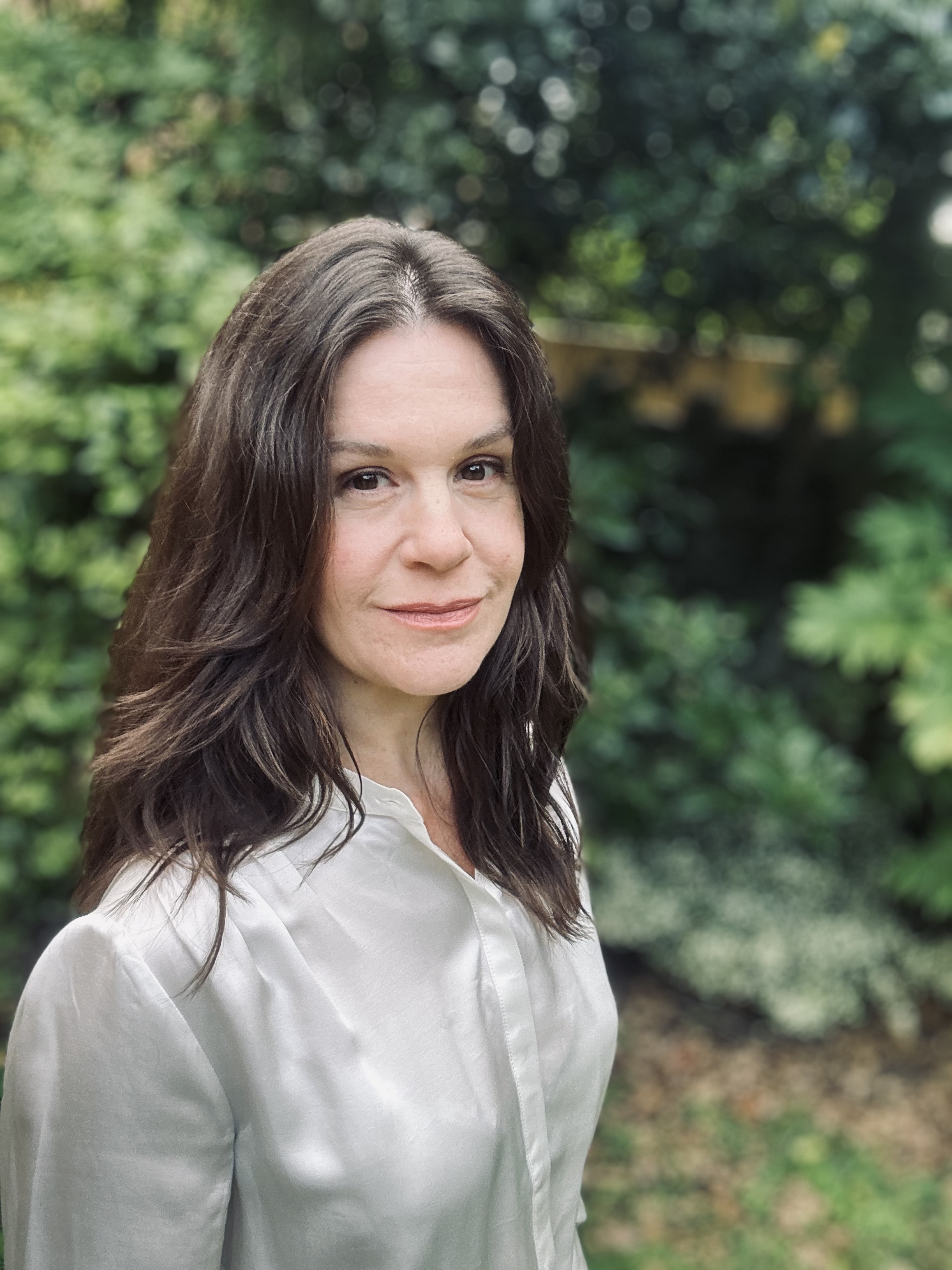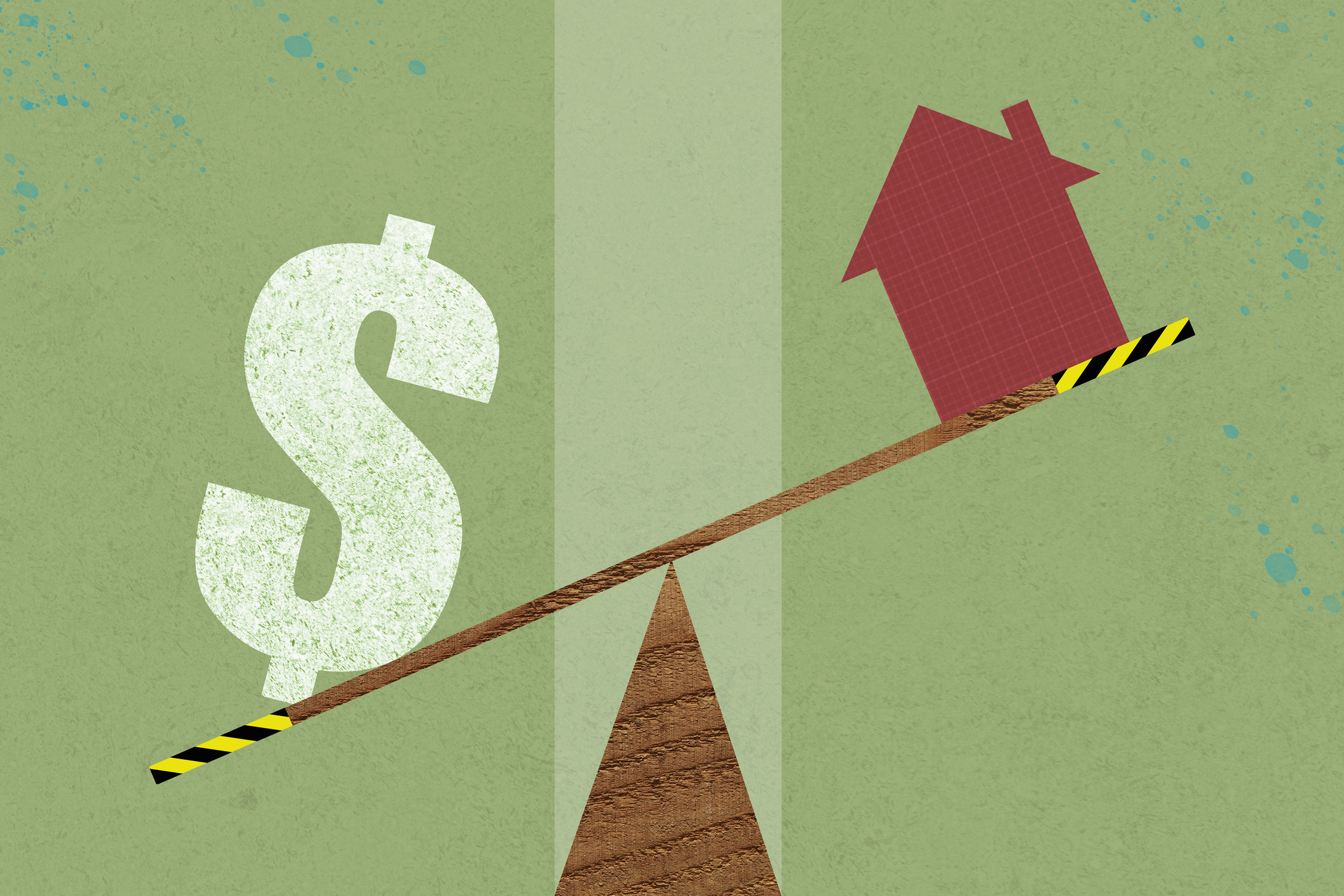First-time Homebuyers Are Older Than Ever, Survey Reveals
First-time homebuyers are now in their late 30s and jostle with cash-rich buyers in the race to buy a home, new research from the National Association of Realtors has found.

Profit and prosper with the best of Kiplinger's advice on investing, taxes, retirement, personal finance and much more. Delivered daily. Enter your email in the box and click Sign Me Up.
You are now subscribed
Your newsletter sign-up was successful
Want to add more newsletters?

Delivered daily
Kiplinger Today
Profit and prosper with the best of Kiplinger's advice on investing, taxes, retirement, personal finance and much more delivered daily. Smart money moves start here.

Sent five days a week
Kiplinger A Step Ahead
Get practical help to make better financial decisions in your everyday life, from spending to savings on top deals.

Delivered daily
Kiplinger Closing Bell
Get today's biggest financial and investing headlines delivered to your inbox every day the U.S. stock market is open.

Sent twice a week
Kiplinger Adviser Intel
Financial pros across the country share best practices and fresh tactics to preserve and grow your wealth.

Delivered weekly
Kiplinger Tax Tips
Trim your federal and state tax bills with practical tax-planning and tax-cutting strategies.

Sent twice a week
Kiplinger Retirement Tips
Your twice-a-week guide to planning and enjoying a financially secure and richly rewarding retirement

Sent bimonthly.
Kiplinger Adviser Angle
Insights for advisers, wealth managers and other financial professionals.

Sent twice a week
Kiplinger Investing Weekly
Your twice-a-week roundup of promising stocks, funds, companies and industries you should consider, ones you should avoid, and why.

Sent weekly for six weeks
Kiplinger Invest for Retirement
Your step-by-step six-part series on how to invest for retirement, from devising a successful strategy to exactly which investments to choose.
In the 1980s, back when Donald Trump was dealing in real estate, first-time homebuyers getting their foot on the U.S. property ladder were typically in their late 20s. Now, as Trump prepares to enter the White House for the second time, first-time buyers are closer to 40.
That’s one of the key findings of the latest survey of U.S. home buyers and sellers by the National Association of Realtors (NAR). The data, collected annually since 1981, offers a unique insight into the makeup of those making the leap to home ownership amid the housing affordability crisis.
This year’s survey, based on transactions completed between July 2023 and June 2024, found that the age of a typical first-time buyer has risen to 38, up from 35 the previous year. That’s the highest age since the survey began.
From just $107.88 $24.99 for Kiplinger Personal Finance
Become a smarter, better informed investor. Subscribe from just $107.88 $24.99, plus get up to 4 Special Issues

Sign up for Kiplinger’s Free Newsletters
Profit and prosper with the best of expert advice on investing, taxes, retirement, personal finance and more - straight to your e-mail.
Profit and prosper with the best of expert advice - straight to your e-mail.
While married couples make up the majority of home buyers overall, only 36% of first-time buyers said they had children under 18 at home, and the share of single female first-time buyers rose by 5%. The median household income of first-time home buyers was a pretty healthy $97,000. Overall, though, these first-timers accounted for only 24% of all house purchases in 2023-24. This is the lowest share recorded and forms a stark contrast to the historical norm of 40% before 2008.
Jessica Lautz, NAR deputy chief economist and vice president of research, explained: “First-time buyers face high home prices, high mortgage interest rates and limited inventory, making them a decade older with significantly higher incomes than previous generations of buyers.”
“The most difficult step, even among successful first-time buyers, was just finding the right property,” she noted.
First-time homebuyers vs repeat buyers
The survey's results suggest first-time buyers may find themselves squeezed out of the market by all-cash buyers who can offer large down payments, typically 23%, likely earned through increased equity in their home. Almost one in three repeat buyers (31%) paid cash and didn’t need to finance their home purchase in 2023-24.
For first-time buyers, typical down payments reached 9%, the highest figure since 1997. To finance these, 7% of first-time buyers used inheritance (an all-time high) and 21% used financial assets, such as savings and cashing out stocks. Successful first-time buyers said high rent, student debt, credit card debt and car loans had hampered their saving.
Many potential homebuyers — and sellers — have also been scared off by high mortgage rates. You can look at current mortgage rates here:
Multigenerational living
If there’s an upside to this gloomy picture of the challenges facing those wanting to buy their first own home, it’s that the survey found more people than ever (17% of all buyers) had bought homes for multigenerational living, solving the issue of housing costs, child and elder care in one fell swoop.
Until Trump works out how exactly to solve the problem of unaffordable housing, it’s something more Americans may choose in order to realize their dream of home ownership.
Related content
Profit and prosper with the best of Kiplinger's advice on investing, taxes, retirement, personal finance and much more. Delivered daily. Enter your email in the box and click Sign Me Up.

Charlotte comes to Kiplinger with more than two decades of experience in print and online journalism in the UK, with a focus on consumer rights, personal finance and law. She has worked for leading consumer rights organisation Which? and the UK government, and studied modern and medieval languages at the University of Cambridge.
-
 Your Retirement Isn't Set in Stone, But It Can Be a Work of Art
Your Retirement Isn't Set in Stone, But It Can Be a Work of ArtSetting and forgetting your retirement plan will make it hard to cope with life's challenges. Instead, consider redrawing and refining your plan as you go.
-
 The Bear Market Protocol: 3 Strategies to Consider in a Down Market
The Bear Market Protocol: 3 Strategies to Consider in a Down MarketThe Bear Market Protocol: 3 Strategies for a Down Market From buying the dip to strategic Roth conversions, there are several ways to use a bear market to your advantage — once you get over the fear factor.
-
 Dow Adds 1,206 Points to Top 50,000: Stock Market Today
Dow Adds 1,206 Points to Top 50,000: Stock Market TodayThe S&P 500 and Nasdaq also had strong finishes to a volatile week, with beaten-down tech stocks outperforming.
-
 Is the Housing Market's 'Lock-In Effect' Finally Starting to Ease?
Is the Housing Market's 'Lock-In Effect' Finally Starting to Ease?As mortgage rates stabilize and fewer owners hold ultra-low loans, the lock-in effect may be losing its grip.
-
 What to Watch for When Refinancing Your Home Mortgage
What to Watch for When Refinancing Your Home MortgageA smart refinance can save you thousands, but only if you know how to avoid costly pitfalls, calculate true savings and choose the right loan for your goals.
-
 Builders Are Offering Big Mortgage Incentives — What Homebuyers Should Watch For
Builders Are Offering Big Mortgage Incentives — What Homebuyers Should Watch ForBuilder credits and below-market mortgage rates can ease affordability pressures, but the savings often come with trade-offs buyers should understand before signing.
-
 Trump Signals Plan to Ban Institutional Investors From Buying Single-Family Homes
Trump Signals Plan to Ban Institutional Investors From Buying Single-Family HomesThe president says the move could improve housing affordability. Here’s what the data show about investor ownership, recent buying trends and what it could mean for homebuyers.
-
 How Much Income You Really Need to Afford a $500,000 Home
How Much Income You Really Need to Afford a $500,000 HomeAs home prices increase, the income needed for a house is also climbing. We break down what you need to earn to afford a $500,000 home.
-
 How Much Would a $50,000 HELOC Cost Per Month?
How Much Would a $50,000 HELOC Cost Per Month?Thinking about tapping your home’s equity? Here’s what a $50,000 HELOC might cost you each month based on current rates.
-
 Should You Tap Your Home Equity Before 2026?
Should You Tap Your Home Equity Before 2026?As borrowing rates and tax law shifts converge, here's what homeowners need to know before pulling equity out of their home.
-
 What to Know About Portable Mortgages
What to Know About Portable MortgagesA closer look at how portable mortgages would work, who might benefit and why the concept is gaining attention amid high rates and limited supply.